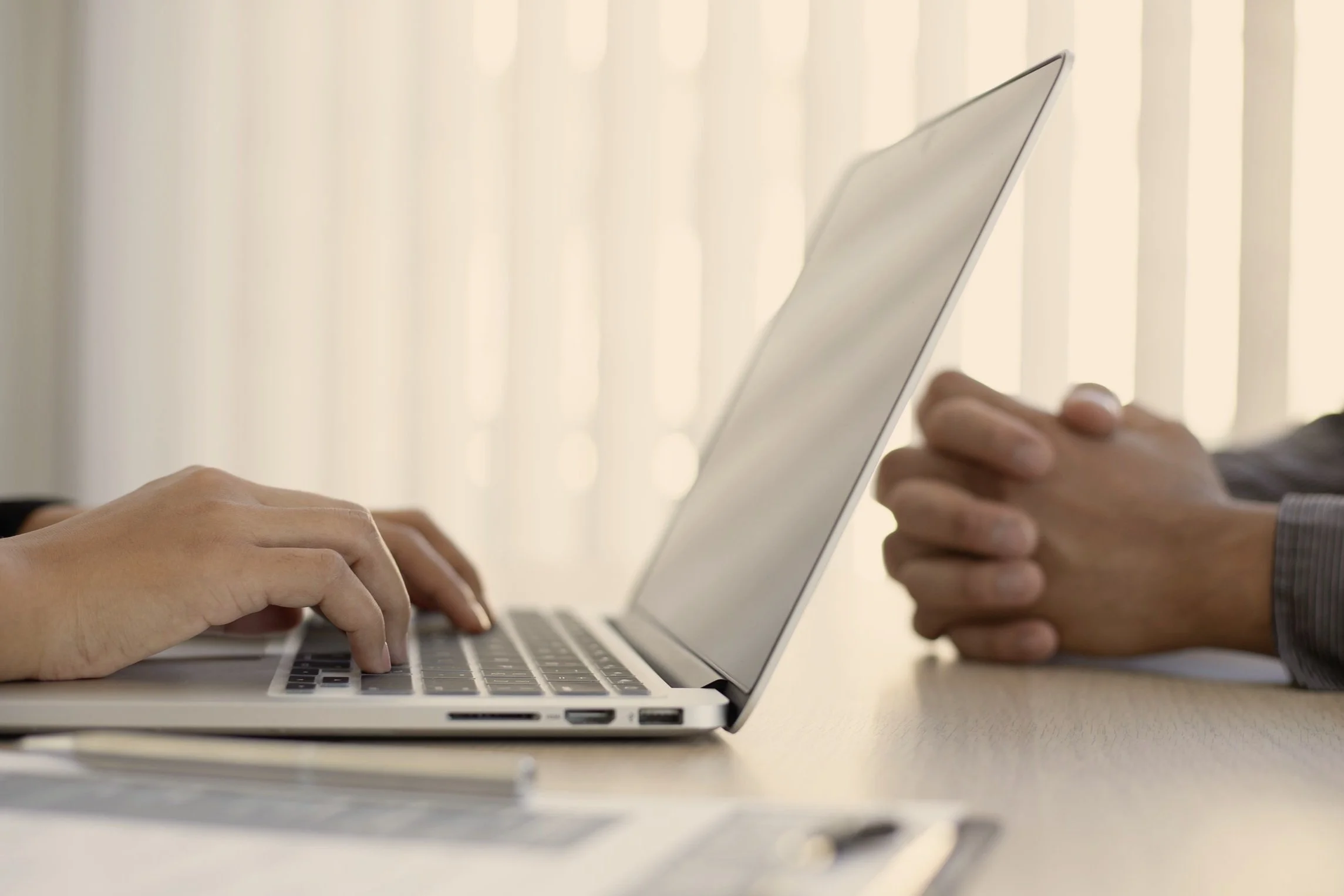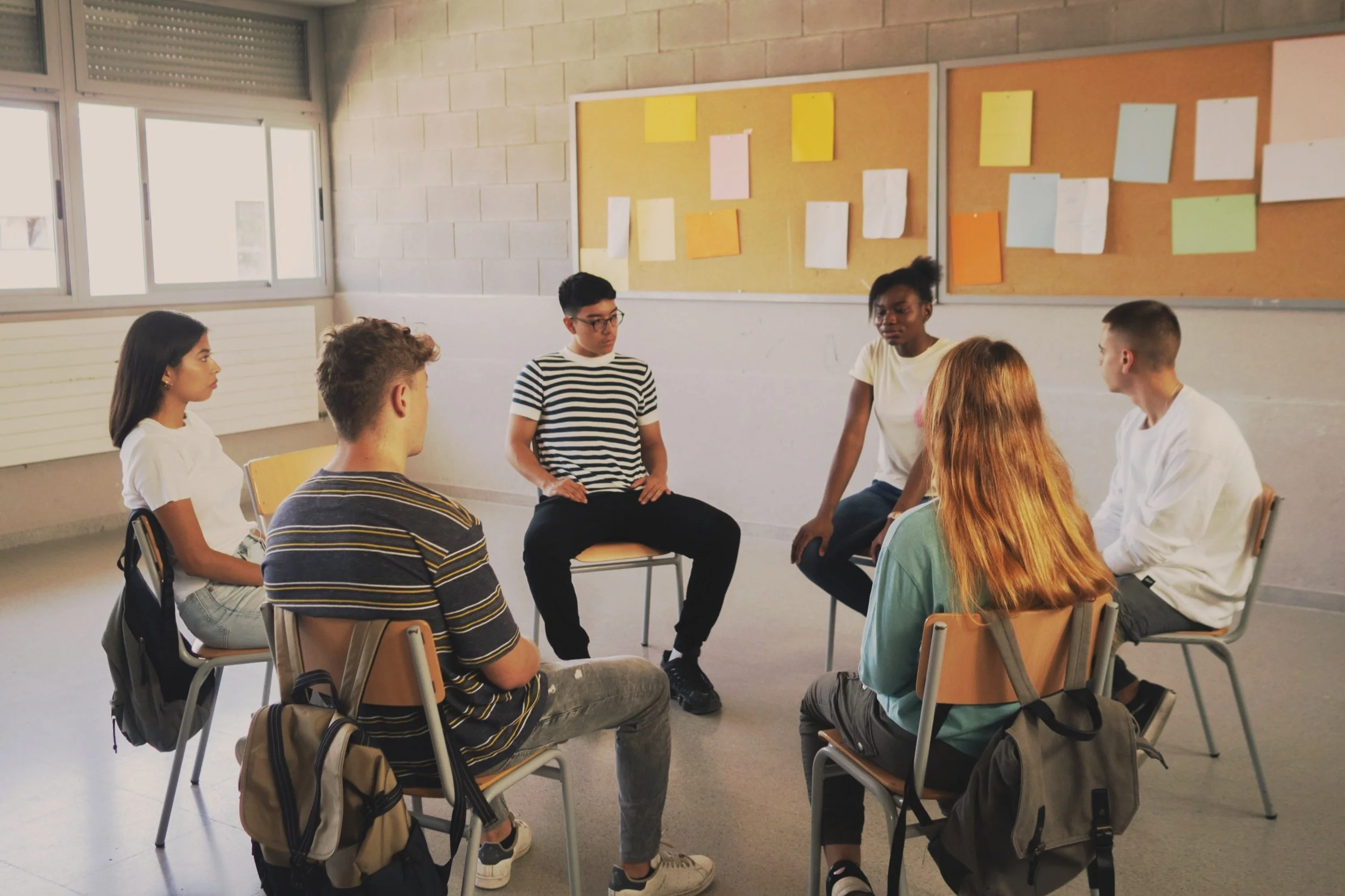Our study works with our collaborating schools, which link us with our participants.
If you would like your school to participate, please contact us. Please read below for more information for parents and participants.
For Parents.
Why should my child participate?
The teenage years set up long term health trajectories, and understanding the relationship between mental health and sleep in teenagers is critical for lifelong health. Our study will help identify the critical periods where prevention or intervention are necessary during teenage development. It will also help us understand for whom treatments are relevant, as we recognise that one size, does not fit all.
What does participation entail?
Data collection will occur in two-week periods once per year for 3 years and our methods are non-invasive. Our team of research and clinical experts looks after the wellbeing of every participant in the study.
For Participants.
What will you be doing if you decide to participate?
Once at the beginning of the study.
Clock Gene Variant
Participants will rub the inside of their cheek with a cotton swab to collect some cheek cells. These will be analysed to see what type of body clock gene the participant has.
Once during each 14 day testing period.
Actigraphy
Participants will wear a watch for the 14 days. This gives information about daily sleep habits and patterns, physical activity and light exposure.
Sleep Log
Participants will complete a sleep log every morning and evening during the 14 days. This will log bedtime, wake-up time and naps.
Everyday during the testing period.
Questionnaires
Used to assess participant’s perceptions of their sleep habits and aspects of their mental health and wellbeing. Will take around 30-45 minutes.
Heart Rate Variability
Participants will wear 3 small sticker electrodes on their chest and tummy that connect to a device before going to sleep. Will be worn throughout one full night.
Melatonin Analysis
Will take place at the university or at home, between 16h30 and midnight. Participants will sit in a dimly lit room, and chew on a cotton swab every hour to produce a saliva sample.
In a sub-group of participants.
Polysomnography
Two non-consecutive nights, at participants home or in the lab. Sensors will be placed on scalp, chin and chest that connect to a device allowing brain waves, eye and muscle movements and heart rate to be measured during sleep.
Brain Scan
Participants will lie in a scanning machine (fMRI) that records brain activity while looking at pictures designed to elicit strong emotions. Participants will stay the night for polysomnography. Only happens in Cape Town, in years 1 and 3.
Focus Groups
Will be held at any point during term 1. Participants will take part in an informal discussion allowing for information about sleep and mental health to be shared and gathered.










